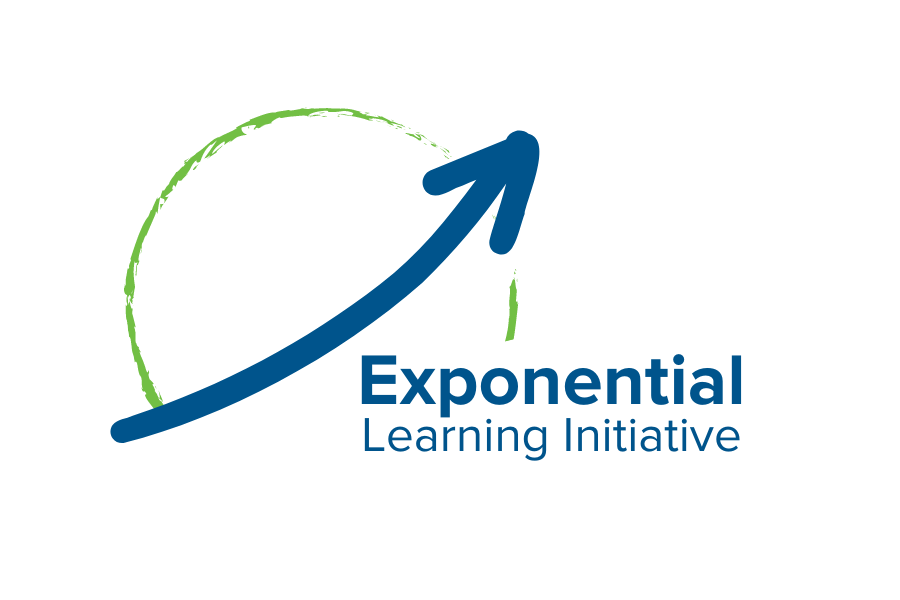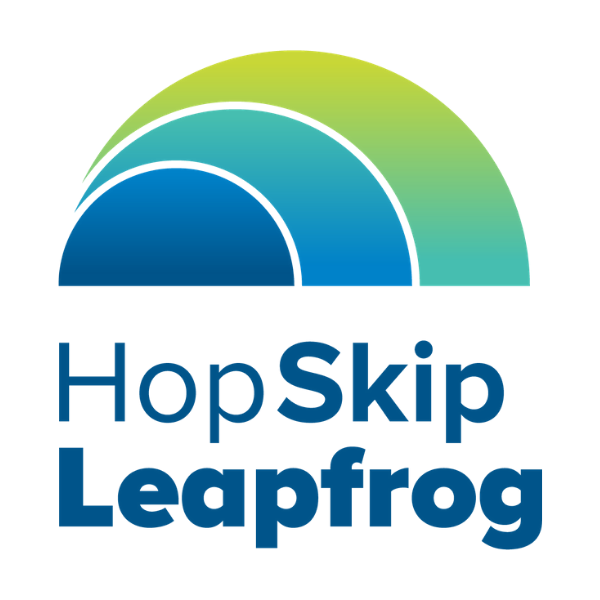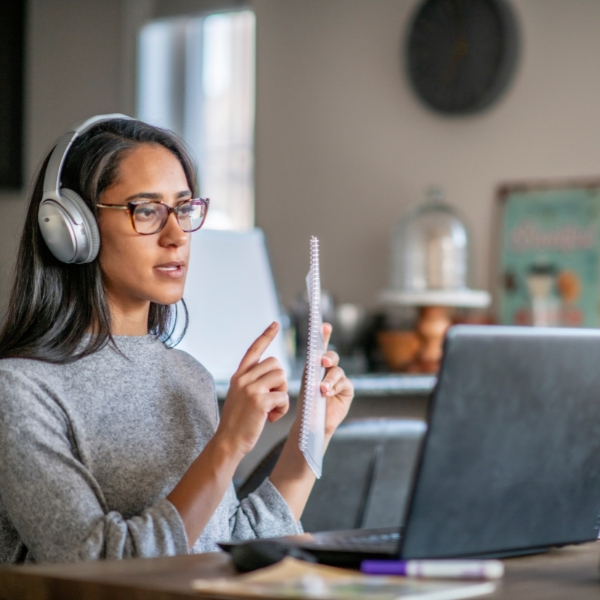- Home
- Ideas & Inspiration
- Projects & Publications
Projects &
Publications
Publications
Discover TLA’s major releases and projects and explore what we’ve learned from our work with schools, systems, experts, and other partners in the field.
Explore by your interest

Policy to Practice
February 25, 2025

Accelerating Practice Change
March 4, 2024

Ed Tech and Artifical Intelligence
May 20, 2022

Professional Learning
March 7, 2022

Digital Equity
October 18, 2021

Professional Learning
October 1, 2021

Accelerating Practice Change
August 2, 2021

School and System Innovation
May 3, 2021

Ed Tech and Artifical Intelligence
January 15, 2020

Professional Learning
November 19, 2019
